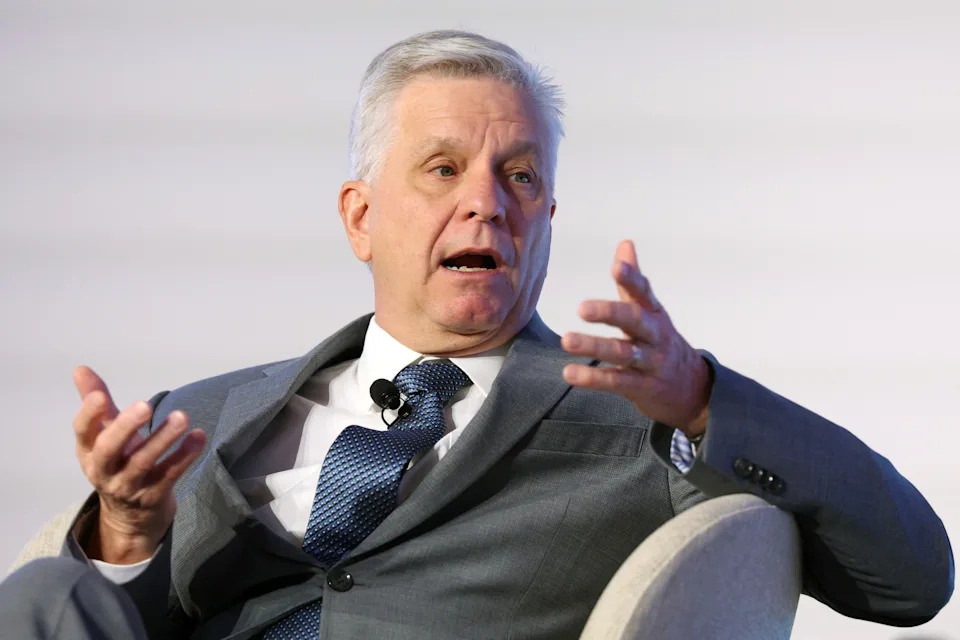
'It’s not political': Waller again calls for rate cut in July, reinforcing Fed divide
Key Points
- Federal Reserve Governor Christopher Waller supports cutting interest rates in July, arguing that inflation from tariffs is temporary and not politically motivated.
- Divisions within the Fed are evident, with some members like St. Louis Fed President Alberto Musalem remaining cautious about the duration of tariff-induced inflation.
- San Francisco Fed President Mary Daly anticipates two rate cuts this year, with September as a potential starting point, showing a slightly dovish stance.
- Waller’s influence is growing as a potential successor to Fed Chair Jerome Powell, whose term ends in May next year.
- President Trump aligns with Waller, urging rapid rate cuts to reflect economic strength and reduce interest on national debt.
Summary
Federal Reserve Governor Christopher Waller recently advocated for a potential interest rate cut in July, asserting that inflation from tariffs will be temporary and not politically driven. This stance highlights a growing divide within the Fed, as other members express varied opinions on the impact of President Trump’s tariffs on inflation and monetary policy. St. Louis Fed President Alberto Musalem remains undecided, cautioning that tariff effects on intermediate goods could have lasting inflationary impacts, while San Francisco Fed President Mary Daly leans toward two rate cuts this year, eyeing September as a possible start. Waller’s arguments gain significance as he is a potential candidate to replace Fed Chair Jerome Powell next May. Meanwhile, President Trump supports immediate rate cuts, citing economic strength and reduced debt interest costs. However, Fed Chair Powell and others advocate patience, pointing to a resilient economy and the need to assess tariff-driven inflation risks over the summer. Minutes from the June Fed meeting reveal further splits, with some members doubting any cuts this year due to persistent inflation risks, while others see tariff effects as temporary, supporting rate adjustments in 2023. This ongoing debate underscores the uncertainty surrounding inflation expectations and the Fed’s future policy direction amidst economic and political pressures.
yahoo
July 11, 2025
Stocks


